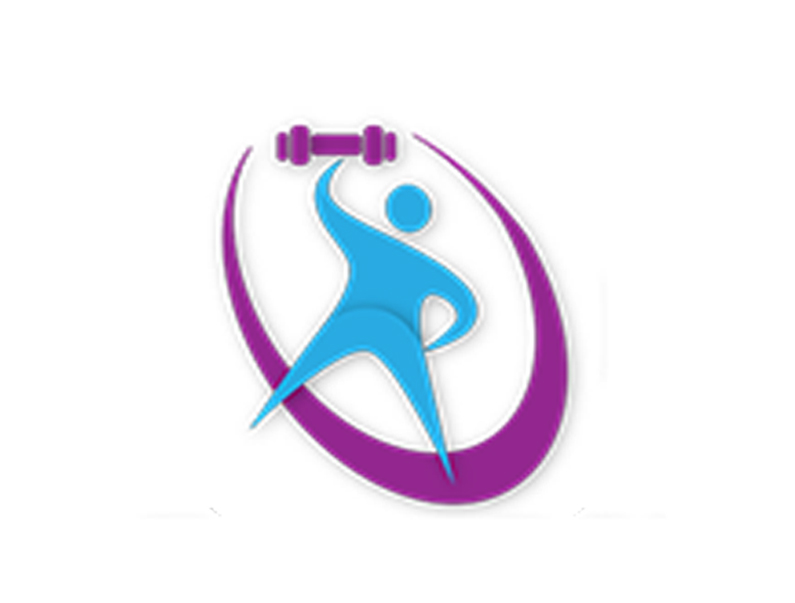Headaches are actually quite complicated and not always a simple answer when it comes to causality. That is why some people continue to suffer from chronic headaches. There are different types of headaches, different reasons why they happen, and different types of treatments. The complexity of headaches lies in the fact that there are over 150 types.
The most common types of headaches include the following:
- Migraines: This pounding and throbbing pain can last for 3 to 4 hours or longer. They can also happen up to 4 times or more per month. A person becomes sensitive to light, might feel nauseous, lose their appetite, or become very sensitive to smells.
- Tension headaches: This is most common type of headache. They can cause mild to moderate pain and will go away over time.
- Cluster headache: This is the most severe type of headache. They tend to happen in groups, hence the name. They can happen multiple times per day and last anywhere from 15 minutes to 3 hours. The person might feel a piercing pain behind their eye with constant throbbing and pounding.
- Sinus headaches: The person feels a throbbing in their cheeks, bridge of the nose, and forehead. The person typically also has a runny nose, clogged ears, and a fever. They sinus cavities have become inflamed.
- Chronic daily headaches: This type of headache can last 15 days or more. Sometimes they are short and sometimes they can last 4 or more hours.
There are other types of headaches that are less common, but that doesn’t downplay their disruption to someone’s day. Exercise can cause headaches because the muscles in the head and neck and surrounding area need more blood. This can cause a pulsing pain. Post-traumatic headaches can also occur even up to 2 to 3 days after a head injury. Hemicrania continua is an ongoing headache that usually affects the same side of the face and head. Hormone headaches can occur as the hormones are shifting during menstruation or menopause.
The brain becomes overwhelmed by different signals coming from the brain, blood vessels, and nerves. Combine this will illness, stress, genetics, and environment, and one becomes at high risk for a headache. To this day doctors still do not know what exactly causes a migraine, making treatment difficult. Doctors might suggest a CT or MRI. Treatment depends on headache type, cause, and how often. There are of course pain management solutions such as a warm or cold compress, drinking herbal tea, lowering the lights, avoiding looking at screens, exercise, drinking plenty of water, avoiding certain foods, sleeping, massaging pressure points, for some people drinking coffee or soda can help, limiting alcohol, and avoiding certain smells and chemicals. Pressure is always difficult, especially to the head. Be patient and over time you will find an answer and a way to keep the headaches at bay.
